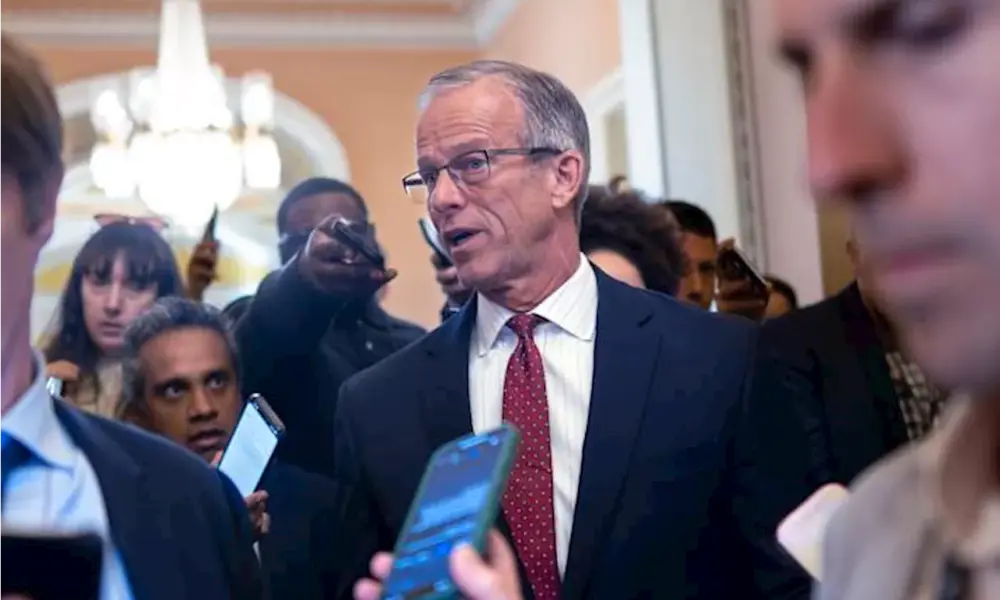The Pennsylvania State Senate has advanced a new budget proposal worth $47.9 billion, despite expectations that it will not receive approval from the House of Representatives. With the budget now 113 days late, the spending plan includes an additional $300 million to address various priorities. This proposal stands in stark contrast to the $50 billion budget put forth by House Democrats.
Governor Josh Shapiro has faced challenges in uniting the two major parties over budgetary matters. This marks his third consecutive year of overseeing a late budget, which has prompted criticism regarding his inability to mediate effectively between the factions. Critics argue that Shapiro has focused more on public appearances than on actual negotiations, stating that his approach is not conducive to achieving tangible results.
The governor’s initial budget proposal, presented on February 4, was criticized for being unbalanced, with expenditures projected to exceed revenues significantly, suggesting potential tax increases for residents in the coming years. The Senate had sent a budget to the House on August 12, yet the House did not return a compromise until recently, prompting Senate Republicans to reintroduce their plan.
Senate Republicans assert that their new budget includes the additional $300 million to provide funding for schools, counties, crisis centers, and human services. They maintain that it is crucial to monitor state reserves. In contrast, House Democrats emphasize the need to address pressing priorities without shortchanging vital services.
The debate surrounding the budget has highlighted divisions within the legislature. Senate Republicans have been accused of presenting a budget proposal that lacks adequate funding for essential services, such as education and community support. Critics contend that this reflects a failure to secure necessary bipartisan support, as they reportedly require votes from Senate Democrats to pass a substantive budget.
A spokesperson for the House Democrats responded by stating that their focus remains on delivering a comprehensive, bipartisan budget that meets the needs of all Pennsylvanians. They argue that the current proposal does not sufficiently address the financial realities facing the state.
As discussions continue, the budget standoff remains a significant concern for residents dependent on state funding for critical services. The implications of prolonged negotiations could affect various sectors, including education and public welfare.
The ongoing budget negotiations underscore the complexity of state governance and the challenges faced by leaders in reconciling differing priorities. With the fiscal year already advanced, the urgency for a resolution becomes increasingly critical.







